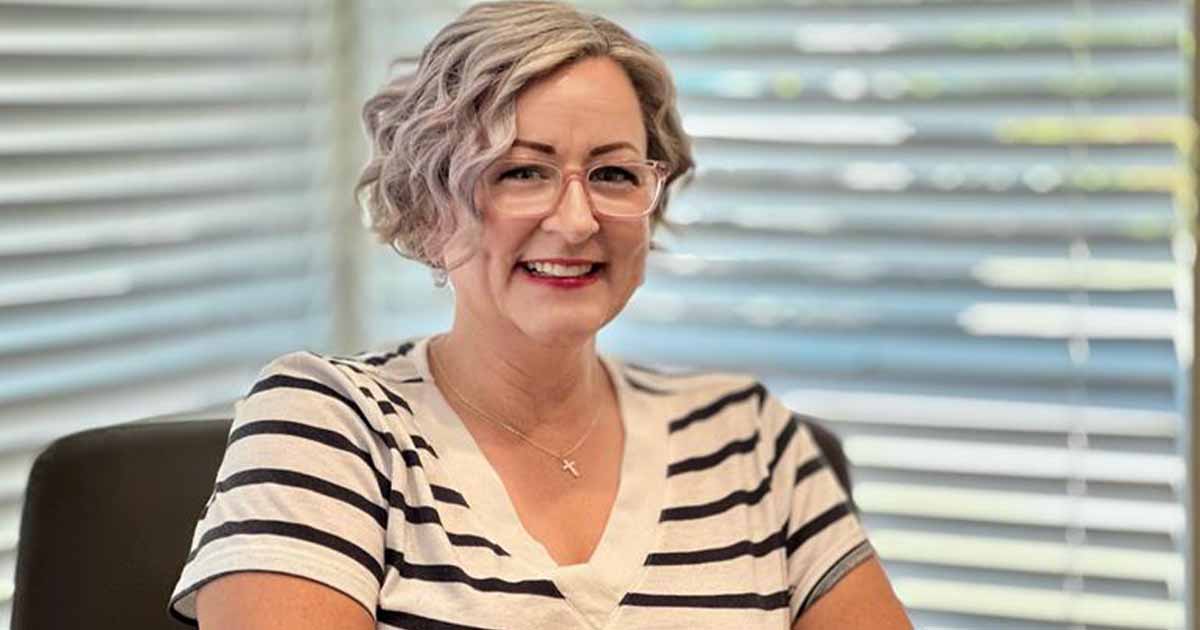Now that the election is over and the Affordable Care Act has been made permanent by the Supreme Court's decision, governors who have been sitting on healthcare decisions have "a lot of pent up energy" for moving forward, said former Republican Senate Majority Leader Bill Frist at a post-election healthcare meeting held in Washington, D.C., on Thursday.
The meeting, hosted by the Institute for Healthcare Improvement (IHI) at the Newseum, brought together the duo of Frist and Tom Dashcle, former Democrat Senate majority leader to discuss healthcare strategies for the post-election. Both are currently members of the Bipartisan Policy Center in Washington, D.C.; Dashcle as a founder and Frist a senior fellow. Their panel discussion was moderated by Don Berwick, former Administrator for the Centers for Medicare & Medicaid Services.
Dashcle and Frist agreed on quite a few things about this post-election era: chief among them, the fact that healthcare will be local. Other than a symbolic vote by the Republican House to repeal the Affordable Care Act, the federal government has laid down the tracks and they are immovable, they said.
“Now, it’s just a matter of how wide or how narrow the tracks will be,” said Frist. Both he and Daschle said regulators would be key in the implementation of the ACA going forward. Frist was adamant that regulators shouldn’t squelch innovation by being overly restrictive.
“The whole landscape moving forward will drive dramatic changes in the states,” Daschle said. States now have 10 days to decide whether to run their healthcare exchanges. Most have been waiting until after the election. Some who were opposed to it have decided that resisting, at this point, would only hurt their state.
“There will be battles ahead,” Frist said, as governors and state legislatures duke it out over Medicaid expansion in their states. “That’s OK,” he said. “That’s America.”
Frist and Daschle agreed that turning away the federal funding for Medicaid expansion will be a difficult decision for any state under the current fiscal downturn, especially to prove a political stance that won’t be productive at this point in changing anything.
“I’m quite bullish and optimistic about Medicaid,” Daschle said. There are all kinds of moving parts, he added, enticing the private sector to get involved. The use of accountable care organizations is “just scratching the surface” of all the possibilities, said Dashcle, predicting an “innovation burst,” over the next few years.
Frist agreed. “All the private sector wants is certainty,” he said. Things were locked up prior to the election, and now that uncertainty is removed. He warned, however, that there will still be “lots of resistance” and a “huge challenge” surrounding the implementation of ACA.
“Healthcare IT may be catalytic going forward,” Frist said. Consumer use of smartphones and the introduction of Big Data has empowered the consumer to demand transparency. It’s going to be very disruptive to the healthcare sector.
This is not a spectator experience," Daschle told stakeholders in attendance. "Stay engaged.” He encouraged them to know, on a first-name basis, state legislative staffers responsible for healthcare issues.
“Invest in innovation,” said Frist. This includes IT, but not just EHRs. “I’m talking about supporting connectivity in your communities. It has to be solved locally.”


